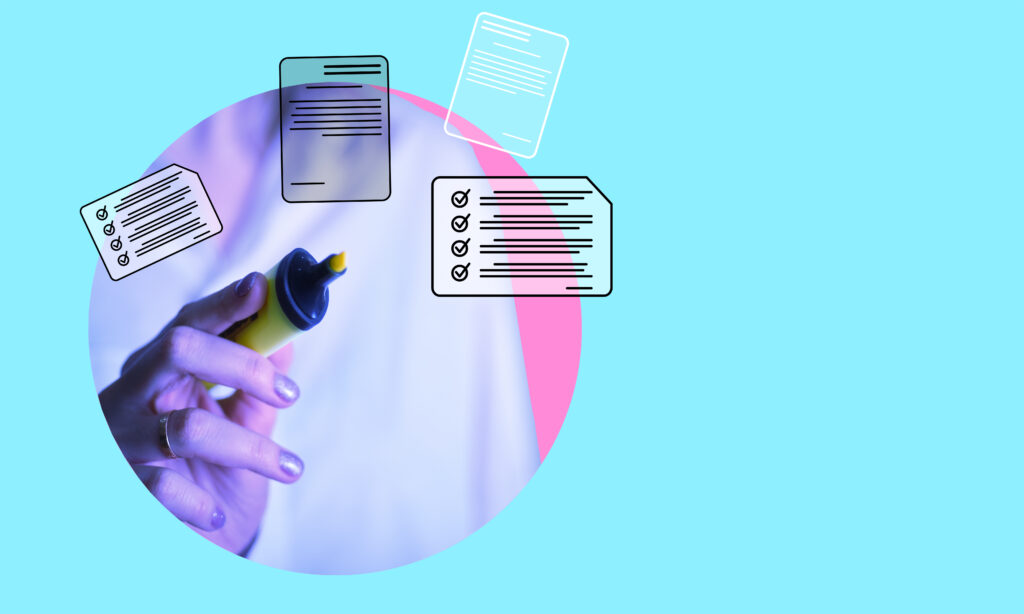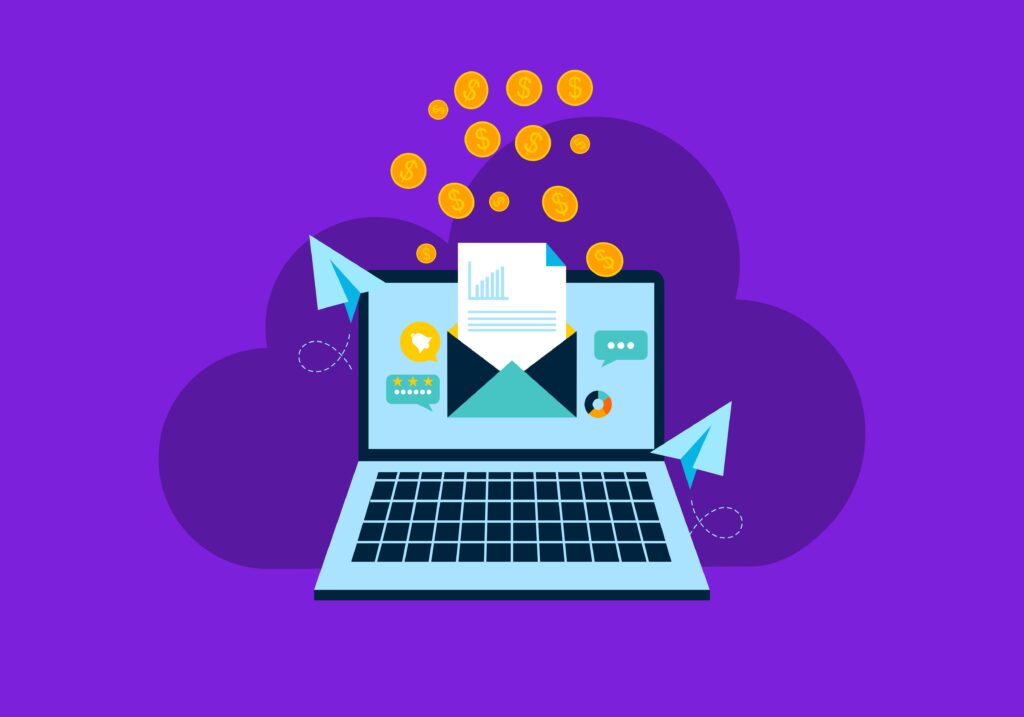
As an accountant, you know that certain parts of your job can be repetitive, tedious, and time-consuming. How many times did you find yourself doing the same calculations or filling out similar forms and just wishing there was a way to automate these tasks? It’s not that you don’t enjoy your job, but you’d rather […]
As an accountant, you know that certain parts of your job can be repetitive, tedious, and time-consuming.
How many times did you find yourself doing the same calculations or filling out similar forms and just wishing there was a way to automate these tasks? It’s not that you don’t enjoy your job, but you’d rather focus on the more complex and needle-moving tasks that require your expertise.
Lucky for you, with the rise of AI, this wish is becoming a reality for many industries, and accounting is no exception. The question is: how can you incorporate AI into your accounting workflow? We’re here to give you 12 ways to use AI for accounting so you can save time and be more efficient.
Preparing templates is one of the most tedious, but necessary, tasks for an accountant. After all, these are the standard forms, invoices, reports, and other documents that you need to produce regularly. Instead of manually creating these templates, why not have AI do it for you?
Here’s a prompt you can insert into a tool like ChatAI for that purpose:
AI will generate a customized template based on your specifications, saving you time and effort.

Similar to templates, checklists are also part of an accountant’s routine, especially when new clients are onboarded or when going through audits. Payroll workflow checklists, financial report checklists, bookkeeping templates – there’s no shortage of checklists in the world of accounting.
With AI, you can have these checklists automatically created and even personalized to each client’s needs.
Simply insert this prompt into ChatAI:
The result will be a detailed and organized checklist that you can easily share with your clients. No more manual checklist creation is needed!
Decisions come with consequences, and in the world of accounting, those consequences are often tax implications. AI can help you stay on top of these implications by analyzing data and providing insights into how different decisions could impact your tax obligations. All you need to do is feed it the necessary information and let it handle the analysis.
Try out this prompt on ChatAI:
AI will account for various factors and provide you with a comprehensive analysis of the potential tax implications.

You’re an accountant, not a professional writer, but that doesn’t mean you won’t have to type out numerous emails daily. With AI, you can ensure that your emails are well-written and effective. Whether you’re informing a client of a price increase, requesting additional information, or simply following up on a tax filing, AI can help you craft the perfect email.
Here’s an example prompt for ChatAI:
Inserting this prompt will generate a draft of the email, which you can then edit and personalize before sending it off. No more struggling to find the right words.
Each time you bring on a new client, there’s an onboarding process that needs to be completed. This usually involves collecting and organizing important financial documents, setting up communication channels, and going over expectations and procedures.
Much of this typically takes place via email, so with AI, you can create a standardized onboarding experience for all clients, saving time and ensuring consistency.
Here are 3 prompts to get you started with ChatAI:
You can also customize these prompts with specific information or instructions for your own business needs. The idea is: you no longer have to start from scratch each time a new client comes on board.
Tax regulations all the time, and it can be challenging for clients to keep track of all the changes and updates. With ChatAI, you can create prompts that automatically generate emails or messages to clients, keeping them informed about any new regulations or deadlines they need to be aware of.
Here’s a prompt you can use:
This not only helps your clients stay up-to-date but also showcases your expertise and proactive approach to managing their taxes. However, remember to always personalize these messages to make them more relevant and engaging for each client.
Managing client information, deadlines, and tasks can be overwhelming. As a result, you can sometimes miss notifying your team about important tasks like sending collection notices or following up on overdue payments.
With AI tools, you don’t have to worry about these things as they can be automated. One example of a tool that can help with this is ClickUp Accounting, which provides task management and automation features specifically designed for accounting firms.
From creating custom workflows to setting recurring tasks and reminders, it leaves no room for human error and ensures a streamlined workflow for your team.

As an accountant, making accurate calculations is crucial to your work. However, manual calculations can be time-consuming and prone to human error. Some calculations can also be complex and require a lot of effort to complete.
With ChatAI, you can simply ask the AI tool to perform the calculation for you and it will provide accurate results in seconds. All you need to do is give it the necessary inputs and it will handle the rest. Whether you want to calculate adjusted gross income, depreciation expenses, or net present value, it can be done.
Use the following prompt:
This may not be your typical AI use case, but it’s definitely worth mentioning. As an accountant, you’ll undeniably face complex and challenging situations from time to time. In such instances, having a second opinion or seeking expert advice can be beneficial.
Yes, ChatAI can help you put on your thinking cap and provide valuable insights or suggestions. Simply describe the situation and ask for advice, and it will offer solutions based on its vast knowledge and experience. Plus, with its conversational tone, you’ll feel like you’re talking to a colleague rather than a machine.
Use the following prompt:
Whether it’s informing a client of a financial mistake or deciding on a tax strategy, ChatAI can provide helpful advice and guidance to make your decisions easier.
Another advantage of using ChatAI is its ability to provide quick and accurate analyses. Instead of spending hours manually going through data and creating reports, you can simply ask the AI tool to do it for you.
With its advanced algorithms and data processing capabilities, ChatAI can analyze financial statements, track expenses, identify patterns and trends, and even make predictions for future performance.
Try out the following prompts:
Whatever you need analyzed, ChatAI has got you covered.
When it comes to managing accounts receivable and payable, a lot of back-and-forth is involved. That no longer has to be the case, though, because AI tools like Bill can automate these processes for you.
By connecting to your accounting software, Bill can sync invoices and payments, send automated reminders for late payments, and even handle international transactions. Not just that, the tool can also help you streamline your cash flow and provide real-time updates on your financial status.
That way, you can put your focus on other accounting tasks that require a human touch, while Bill takes care of the rest.

Last but not least, another great benefit of using AI in accounting is its ability to provide comprehensive summaries of your financial data. In a matter of seconds, ChatAI can generate key insights and trends from your data, making it easier for you to make informed decisions for your business.
Whether you need a monthly report or want to track the success of a campaign, ChatAI can quickly summarize the relevant data and present it in an easy-to-understand format. Plus, with its natural language processing capabilities, you can even ask ChatAI questions about specific areas of your data and receive instant answers.
Here’s a prompt for you:
This is helpful not only for you but also for your clients or colleagues who may not have a deep understanding of financial data.
When you use of AI in accounting can greatly improve the efficiency and accuracy of financial tasks, saving you countless hours and potential human errors. However, always remember that AI is meant to assist and enhance, not replace, human accountants. Always fact-check the generated outputs, and also take care of submitting sensitive data and always be security-conscious to fully reap the benefits of AI in accounting.
Ready to experience the power of AI for yourself? Give ChatAI a try and see how the hours of your day come back to you.